Covid-19 vaccine maker Moderna teams up with OpenAI to fast-track drug development
The US firm is completing 13 drug trials in Australia – a process expected to move faster after it partnered with OpenAI to unleash artificial intelligence across its operations.
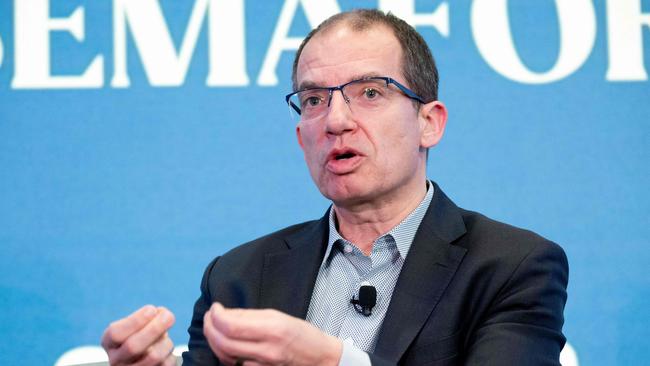
Biotechnology titan Moderna – known for its Covid-19 vaccines – has joined forces with artificial intelligence heavyweight OpenAI to accelerate drug development, including using the technology to determine correct dosages during clinical trials.
The $US47bn ($71bn) company says the deal with the maker of ChatGPT aims to automate nearly every business department from legal to research and development and manufacturing.
Chief executive Stephane Bancel said it would allow Moderna to launch 15 new products in the next five years – a move that would be impossible without AI.
“If we had to do it the old biopharmaceutical ways we might need 100,000 people. The company is less than 6000 people. We really believe we can maximise the impact on patients with a few 1000 people using technology and using AI because we can scale the company,” Mr Bancel said.
Moderna has launched hundreds of GPTs across most of its departments in two months. Mr Bancel said the shift required “redesigning” much of the company’s processes so they could capitalise on the rise of generative AI, also known as conversational AI.
Chief information officer Brad Miller said 90 per cent of companies wanted to use generative AI to lift productivity but about 10 per cent were successful. “They haven’t built the mechanisms of actually transforming your workforce to adopt new technology and new capabilities,” he said.
“We’ve been born as a platform company, and think about drug development as a platform. With the onset of enterprise ChatGPT, these GPTs became embedded into the workflows of how our users are using it. We’re up to now 400 GPTs within two months, far more than what we expected.”
Moderna, which is based in Massachusetts, has 13 drug trials in Australia. It has signed a 10-year deal with the government to produce respiratory vaccines in Melbourne – and last year announced it was advancing its so-called superjab – combining Covid-19 and flu a vaccines into a single shot – after a successful phase1/2 study.
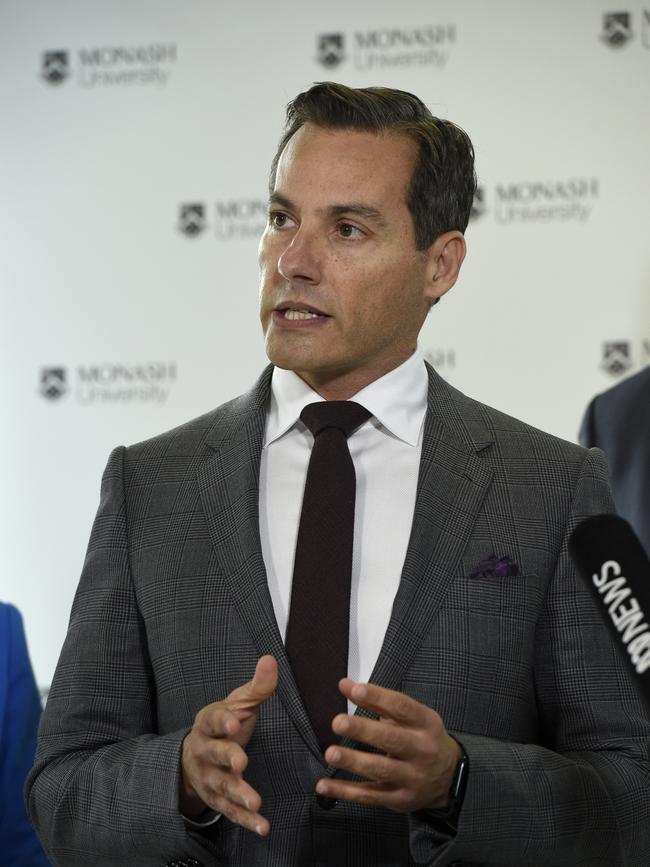
The company pioneered messenger RNA or mRNA technology, which instructs the body’s cells to make a protein that triggers an immune response against Covid-19. It says this allows it to produce myriad vaccines, including for cardiovascular disease and cancer.
Moderna’s legal department was one of the first to adopt ChatGPT, developing what it called a “contract companion”. This allows it to upload a contract into the GPT to summarise it and ask questions about different clauses, which it says has freed up its lawyers for higher valued work.
But the use that has the most potential is being able to use generative AI to absorb 1000s of pages of large datasets to determine optimal dose recommendations for drugs undergoing clinical trials – a process which is typically time consuming and expensive.
Moderna Asia Pacific regional research centre director Craig Rayner said the “DoseID GPT” allowed scientists to sift through vast amounts of data and extract “useful insights” in “real time”.
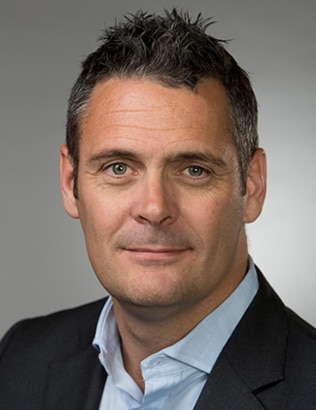
By applying standard dose selection criteria and principles, the DoseID GPT provides a rationale, references its sources, and generates charts illustrating the key findings. This allows for a detailed review, led by humans and augmented by AI input, while “prioritising safety and optimising the vaccine dose profile prior to further development in late-stage clinical trials”.
“The GPT generates a script that is reviewed by our data scientists and then leveraged by our clinical teams to enhance their decision-making capabilities thanks to more efficient, comprehensive and faster analysis,” Dr Rayner said. “The synergy between AI capabilities and human knowledge enables us to define optimal therapeutic profiles while ensuring that patient safety always remains at the forefront.“
Moderna general manager Australia and New Zealand Michael Azrak said employees across the company were creating their own GPTs to increase output, but humans remained in control.
“There are models that scrutinise legal documents, and others that generate initial drafts for regulatory queries which our regulatory teams refine,” he said
“Collectively, these tools are enhancing accuracy and accelerating our processes, reducing the time spent on manual tasks – essentially we are doing more, doing it better, and doing it with less.”
OpenAI chief executive Sam Altman said: “Moderna is leading the way by empowering all of its employees to use AI to tackle complex problems.
“We look forward to continuing to collaborate with Moderna to bring a new generation of medicines to patients in need.”
More Coverage






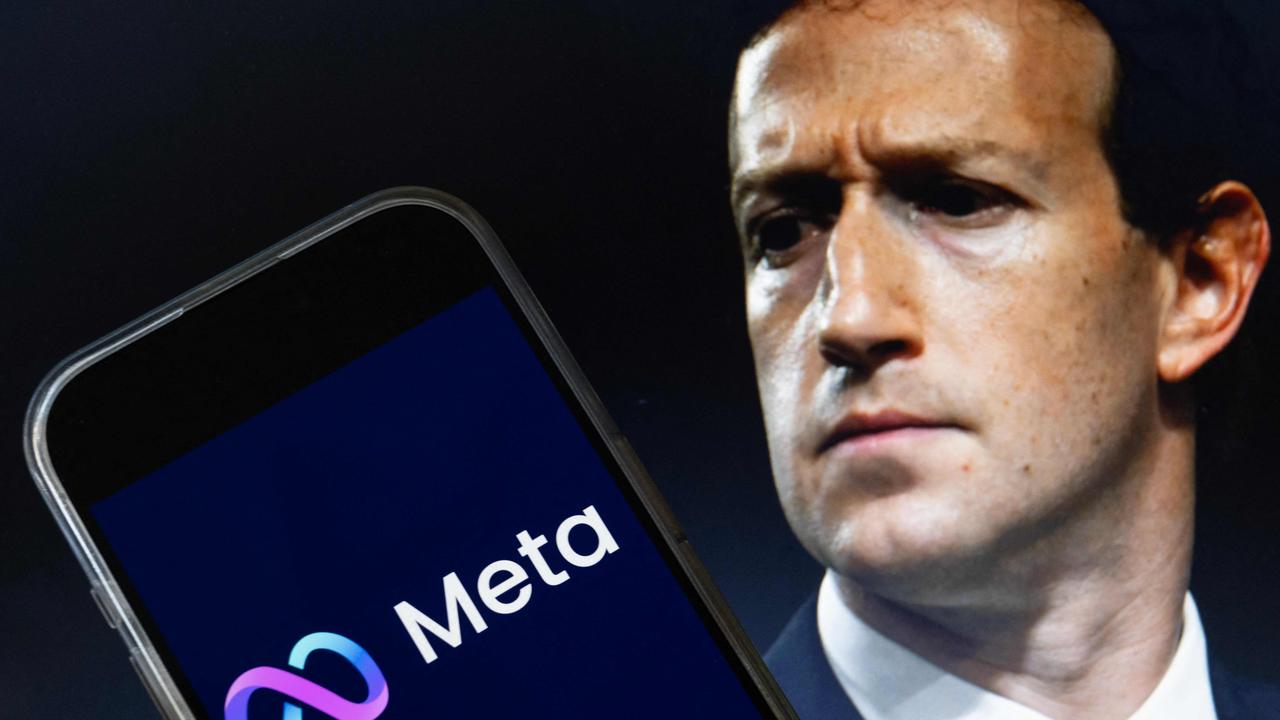
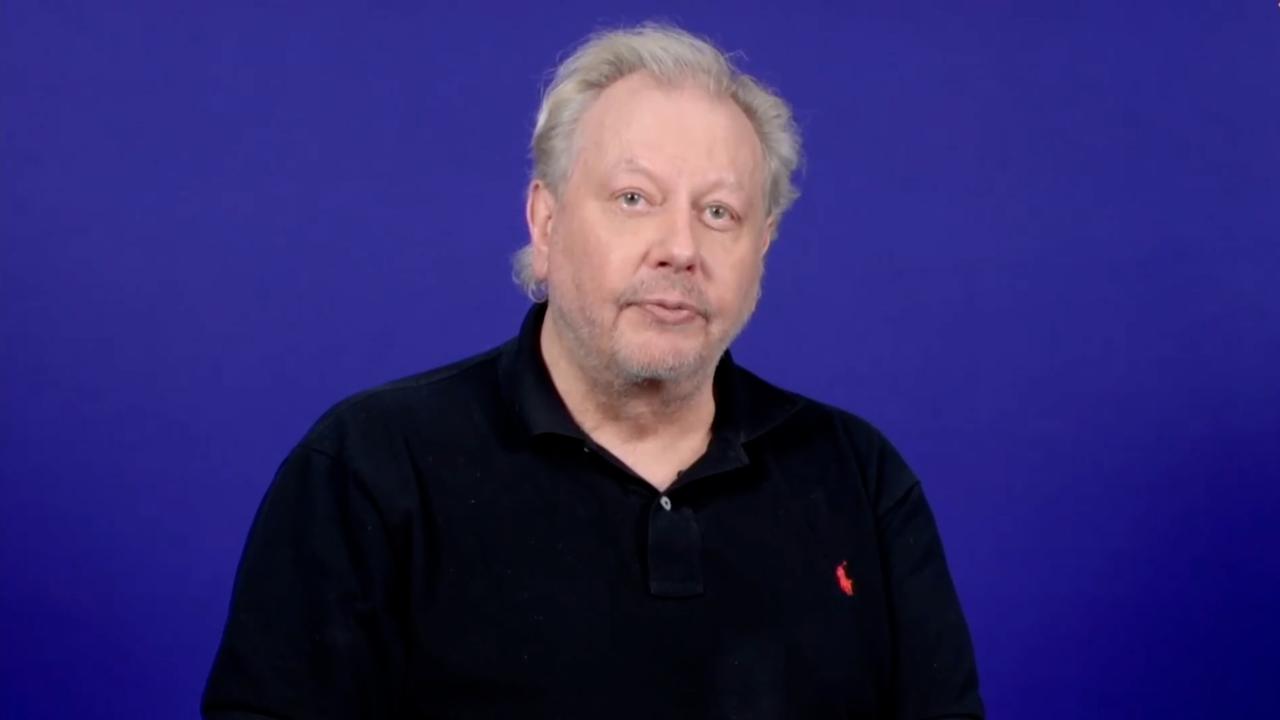
To join the conversation, please log in. Don't have an account? Register
Join the conversation, you are commenting as Logout